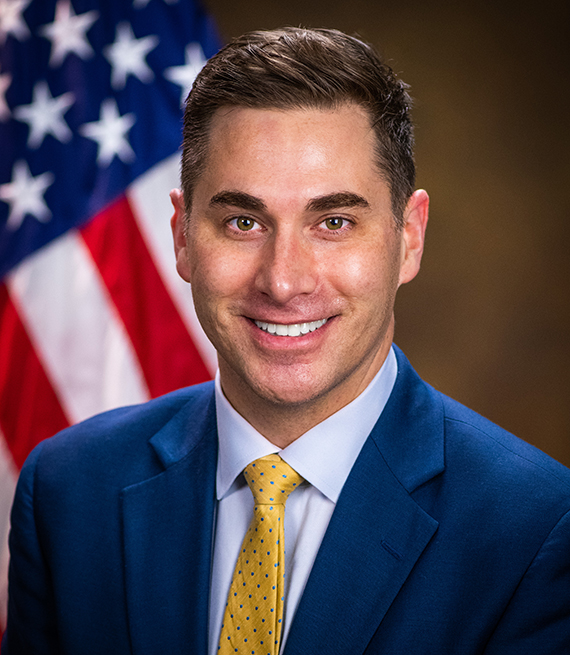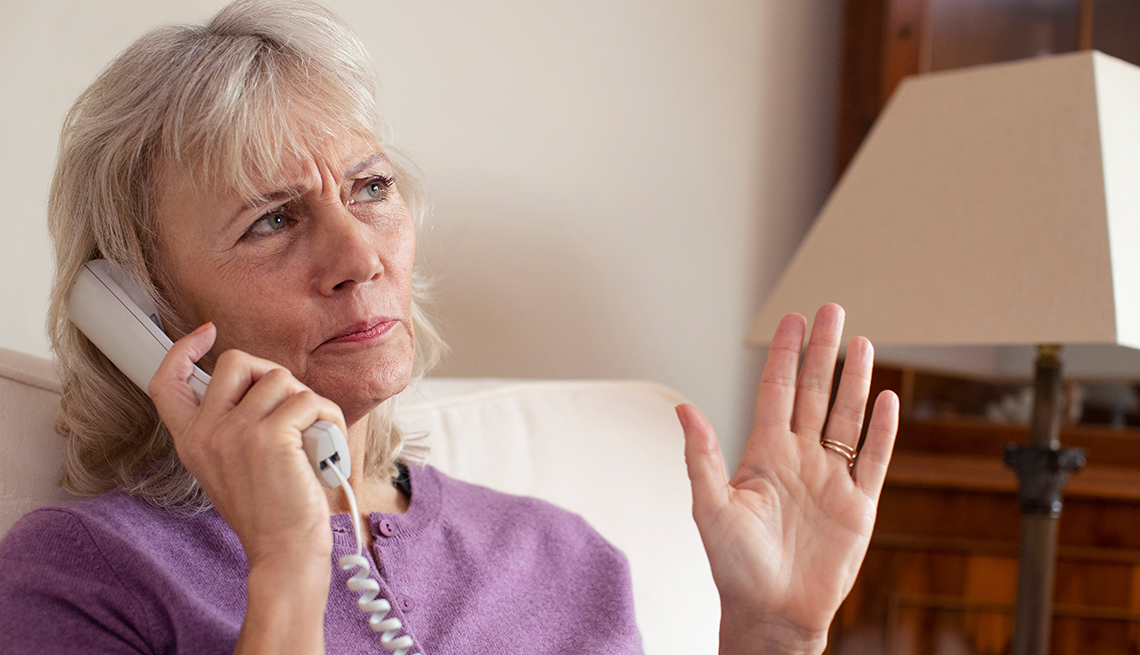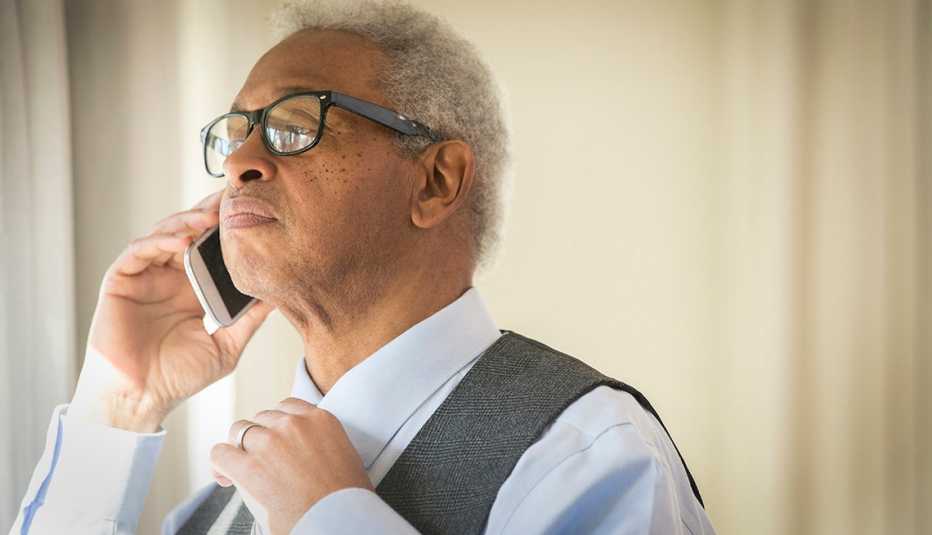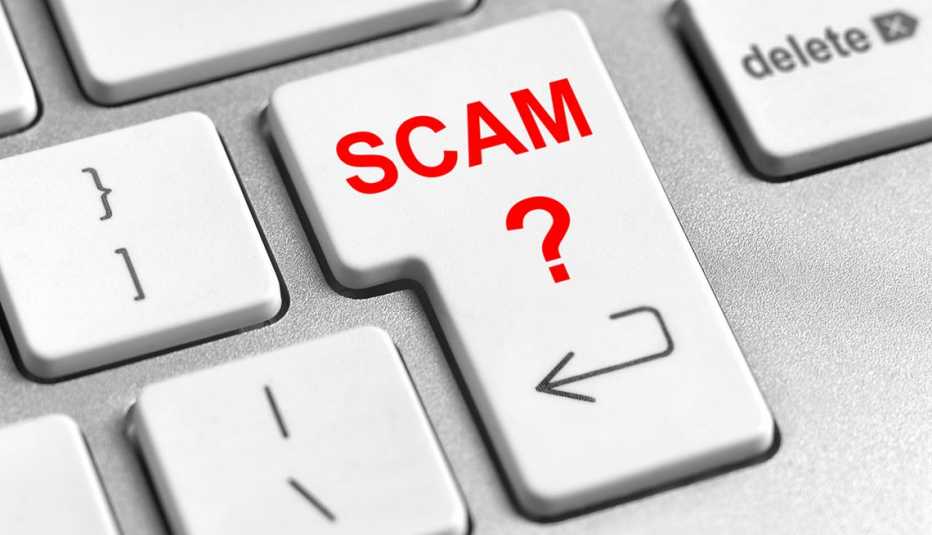AARP Hearing Center
A sad fact of life: Medicare, a vital insurance program for older Americans, hemorrhages billions of dollars every year due to fraud. The criminals to blame hurt not only the more than 60 million beneficiaries. The thievery affects every taxpayer whose dollars help pay for Medicare.
That's why older Americans should know that these crooks lurk not only in doctors’ offices, hospitals and clinics. Allan Medina, who leads the Justice Department's Health Care Fraud Unit, tells AARP that Medicare fraudsters prowl in places that one might not expect.
Lying for money
Medicare fraud involves lying for money, he says, and it's happening in “epic proportions.” Medina, 39, spoke to AARP on Tuesday — World Elder Abuse Awareness Day — and singled out five surprising places fraudsters operate.
1. At health expos. Attendees have been approached for a “free” genetic test for cancer, filled out a questionnaire, given up a Medicare number and had a cheek swabbed for DNA. Except the test isn't free; Medicare pays for it. “We're talking close to $6,000,” says Medina, who says the bad actors are marketers who often pay kickbacks to corrupt doctors to obtain signed medical orders. Even worse, the fraudsters may order more tests — allergy panels, for example — and send on the bill to Medicare.


2. On the phone. Sometimes the same scheme plays out in an unsolicited phone call. Telemarketers have contacted Medicare beneficiaries and insisted the recipients of the call need to undergo an expensive test. “If you want to keep your benefits, you must take this test,” they've been warned. That's a bald-faced lie.






































































